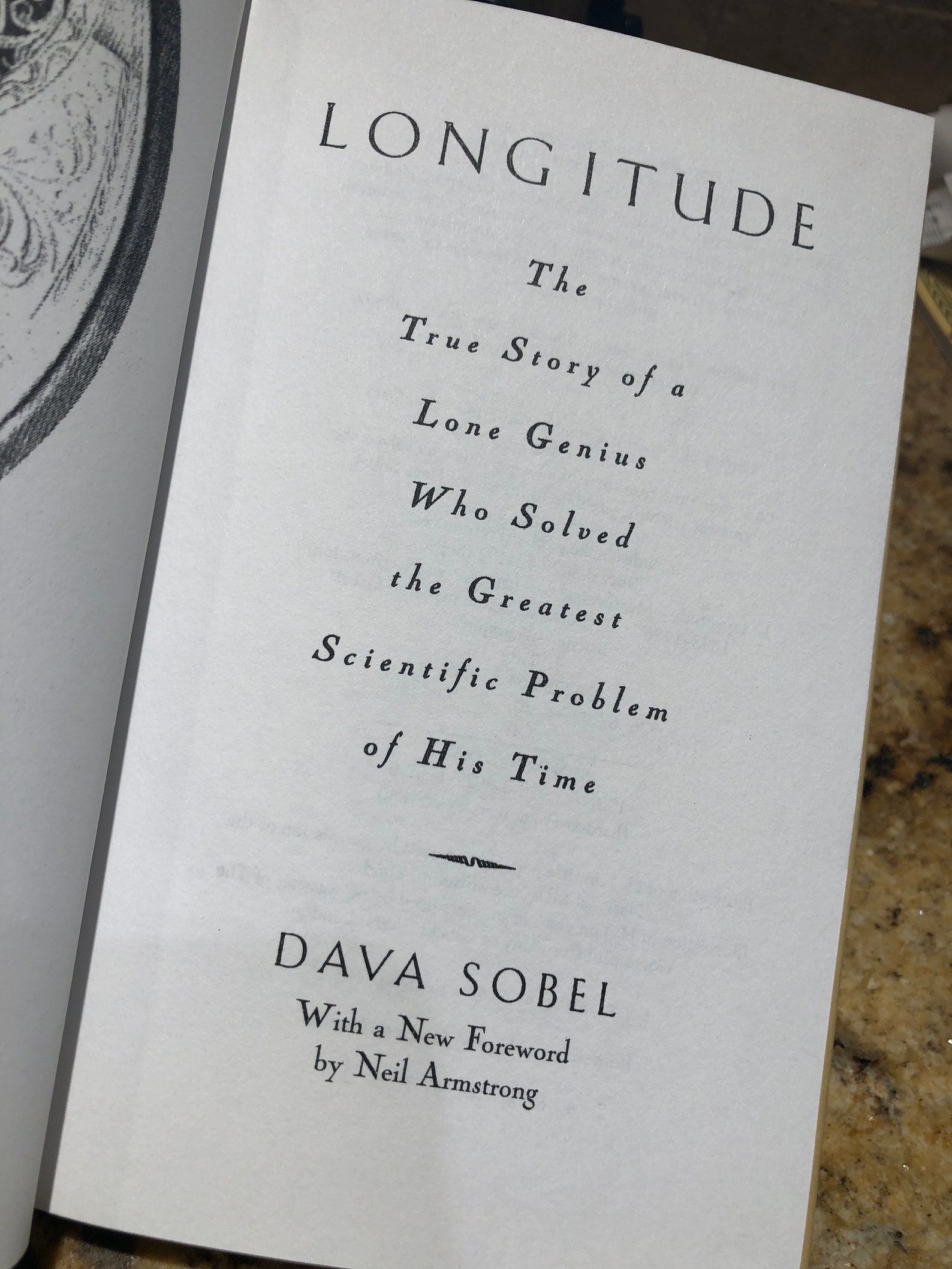

Kate Reading did a good job with the narration of the story. Neil Armstrong gave the opening which was very interesting. Both methods were used and still are used today even with the use of GPS. As usual the two methods fought each other and sabotage one another so it makes for an interesting story. Apparently at the time there were two methods being explored: the tracking of moon and stares and the method of time.


Sobel tells the story of John Harrison and his clocks. Too many ships were being lost and men lost so it was vital do find a better way to navigate the seas. This book is about the contest started by the British government to find an accurate way to determine longitude. She was mostly talking about her interest in astronomy and how it led to writing about interesting people in astronomy history. I had listened to a podcast of an author interview of Dava Sobel on Writers and Company from CBC radio. In stark contrast, one man, John Harrison, dared to imagine a mechanical solution-a clock that would keep precise time at sea, something no clock had been able to do on land. The scientific establishment-from Galileo to Sir Isaac Newton-had mapped the heavens in its certainty of a celestial answer. In 1714, England's Parliament offered a huge reward to anyone whose method of measuring longitude could be proven successful. Ships ran aground on rocky shores those traveling well-known routes were easy prey to pirates. Lacking the ability to determine their longitude, sailors were literally lost at sea as soon as they lost sight of land.

It is also a captivating brief history of astronomy, navigation and clockmaking.ĭuring the great ages of exploration, "the longitude problem" was the gravest of all scientific challenges. An exciting scientific adventure from the days of wooden ships and iron men, Longitude is full of heroism and chicanery, brilliance and the absurd.


 0 kommentar(er)
0 kommentar(er)
